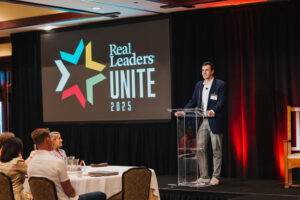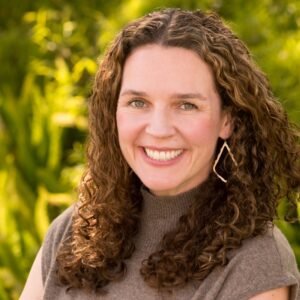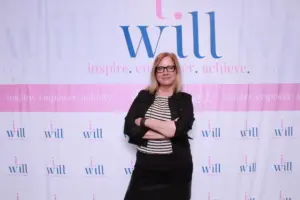Flying First Class, Losing Myself
Read Time
3 min read
Posted on
August 14, 2025
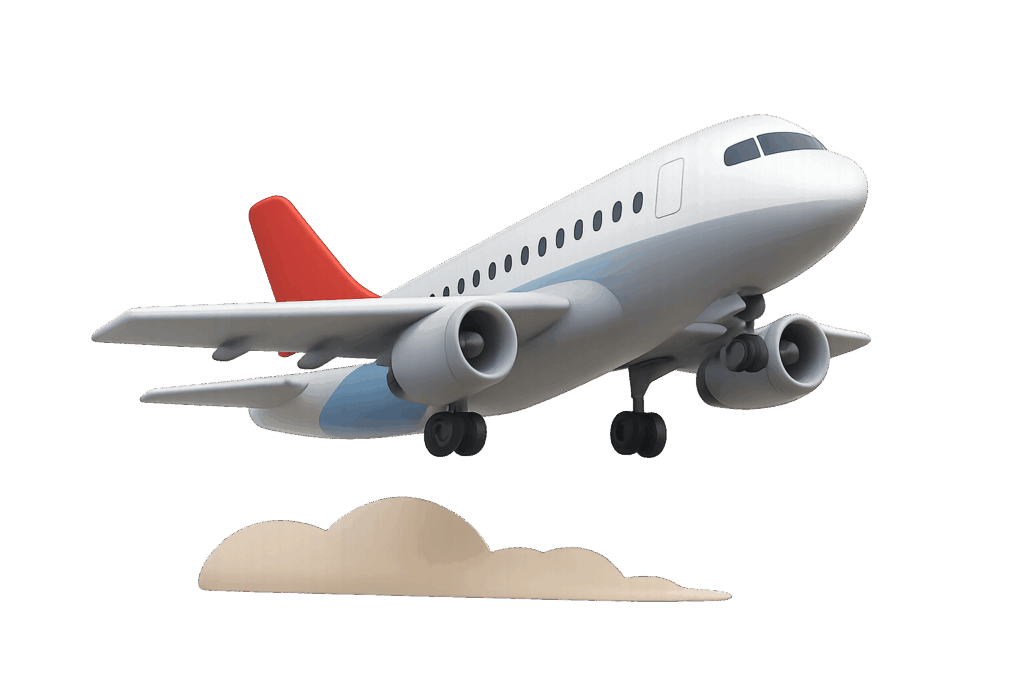
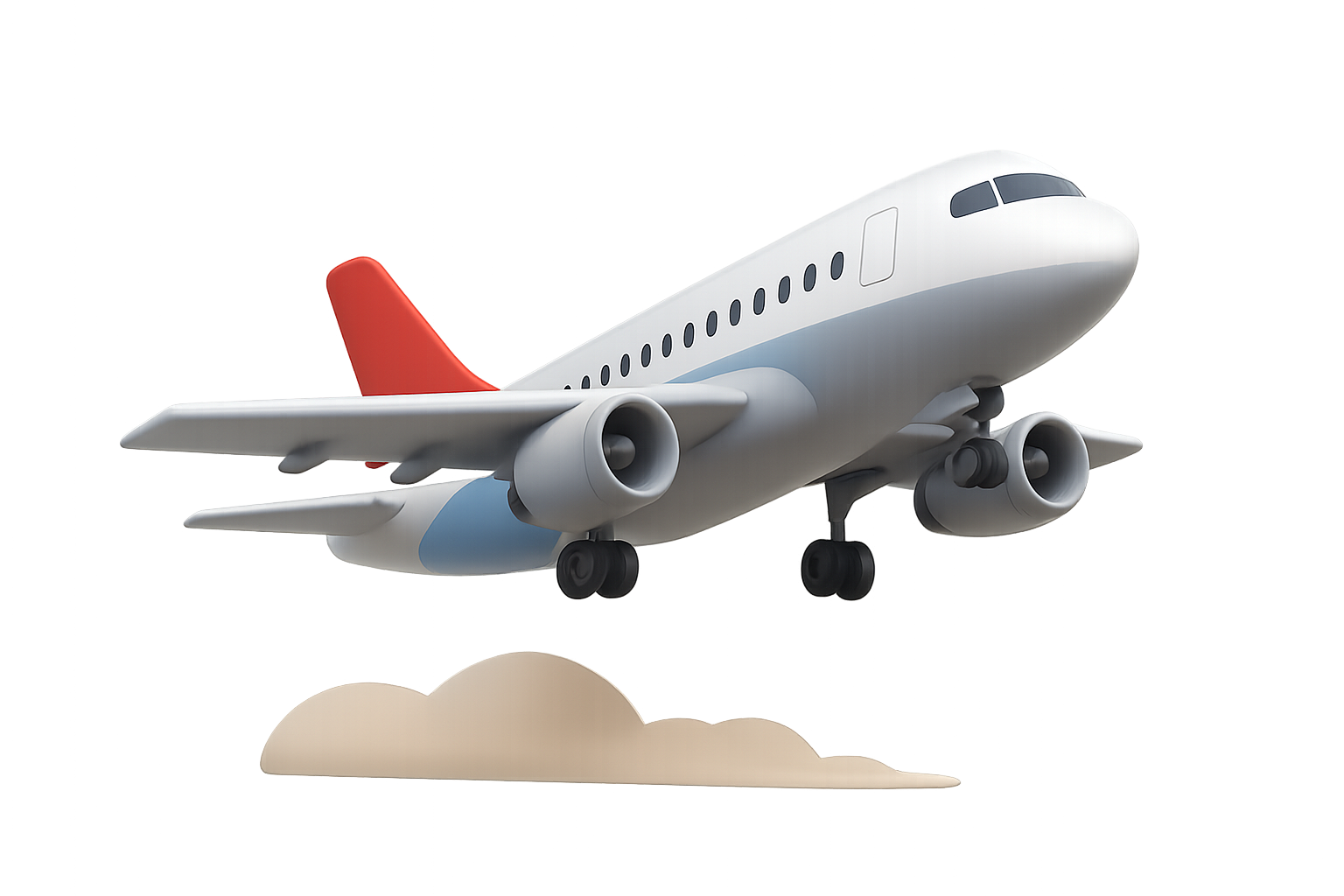
My journey to self-love and realignment led me to reroute my career.
I was flying first class, but I felt like I was crashing. Somewhere over the country — maybe the third or fourth trip that month — I looked out the window and realized something terrifying: I’d traded my family and identity for frequent flyer miles and fleeting prestige.
I’ve been on over 1,500 flights in 19 years. I told myself I was doing it for them, my family, to give them a good life, but up there, midair, it hit me: This wasn’t a good life — not for them, not for me. I had given everything to the organization. I withheld nothing. I sacrificed myself. I sacrificed us.
It was around the COVID-19 pandemic when the weight of it all landed. My marriage was ending. My sense of self was unraveling. I started therapy. I called in a few close friends who actually cared about my well-being. I hired an executive coach. I began the long, humbling work of finding the real me — the one not built on applause and achievement but on something truer.
That’s when I saw it: This all started in childhood. I had learned early that performing was the price of love, that if I just achieved enough, impressed enough, succeeded enough, maybe I’d be worthy. I lived like that for decades. Corporate America rewarded it, titles and bonuses reinforced it — but it was a lie.
I realized I am enough without performance. I am worthy of love for simply being Eric — not the version the world applauds but the one God created. That truth wrecked me, and it rebuilt me.
Since then everything changed. I stopped leading for approval and started leading from alignment. I became a five-time marathon finisher with a goal to run all seven World Major Marathons. (Three down, four to go — London 2026 is next.)
I partnered with Team World Vision to help bring clean water to kids in Africa. We’re building wells, spreading hope, and working to end the clean water crisis.
And I launched Inspo Strategic Advising & Coaching because I felt called to help leaders in corporate America lead differently, holistically. We’ve developed frameworks to help build “The Inspired Culture” — a way of leading that prioritizes people over performance and purpose over profit.
But none of this would’ve happened if I hadn’t learned to love myself first, if I hadn’t decided that who I am is more important than what I do.
To my fellow CEOs, if you feel like you’re winning on paper but empty in your soul — pause, look out the window, and ask yourself: Is this really the life I want? It’s never too late to reroute the flight path.
Overview
The author reflects on a high-powered corporate career that brought prestige but came at the cost of personal identity and relationships, leading to a pivotal self-realization during frequent travel. Key themes include the importance of self-love beyond professional success, the harmful effects of equating achievement with worth, and the transformative power of leading with authenticity and purpose. This piece mainly addresses executives who may feel unfulfilled despite external accomplishments. Emphasizing realignment and holistic leadership, the author shows how embracing personal truth can inspire meaningful
AI-Generated Overview.




